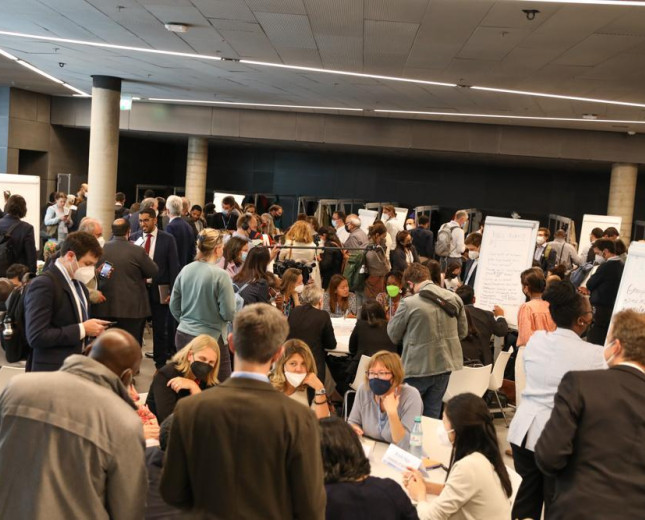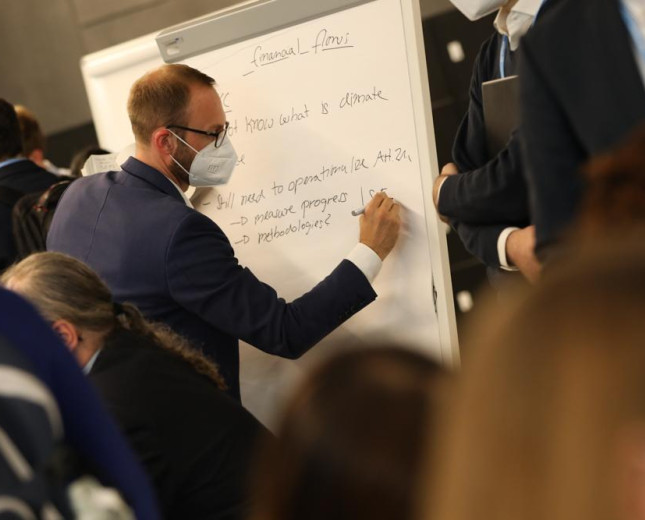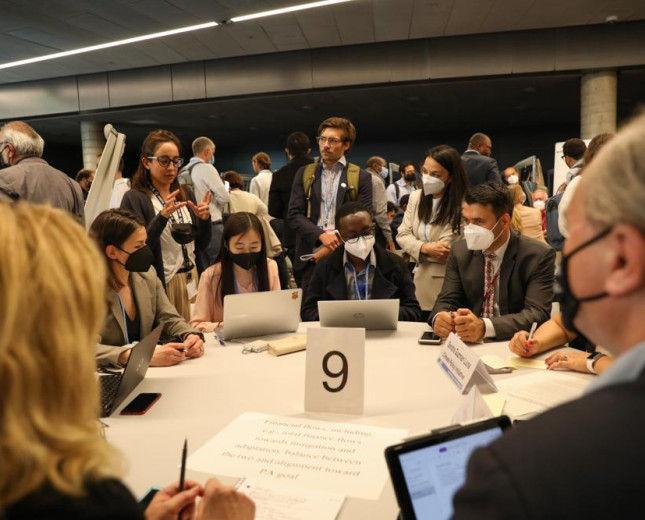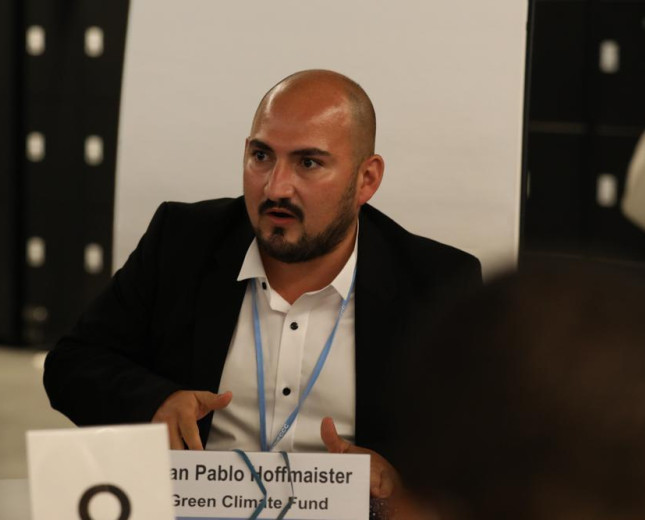|
World cafe tables
The list of topics for each of the 12 stations of the world café have been identified within the inputs received, as also reflected in the boxes in the information note. The list of topics is not exhaustive nor prescriptive. World café participants are encouraged to share views on the topics below and add other topics to the discussion.
|
Experts |
| 1.Energy transitions, including, e.g.; phase out/down of fossil fuels and removing subsidies; just transitions; response measures |
Jim Skea and Angela Picciariello |
| 2.Global emissions, including, e.g., carbon budgets; near-term mitigation actions and targets; emissions pathways to global net zero emissions; role of global sink |
Joeri Rogelj, TBC |
| 3.Response measures, including, e.g., economic diversification; opportunities to further enhance understanding; use of tools and methodologies for modeling and assessing |
Kamal Moustapha and Jose Garibaldi |
| 4.Global initiatives and partnerships within sectors, including, e.g., Race to Zero, global methane partnership, CCAC, etc |
Andy Reisinger, Ramiro Fernandez |
| 5.Current and projections of future impacts, including, e.g., limits to adaptation measures; economic and non-economic loss and damage |
Adelle Thomas, Harpreet Kaur Paul |
| 6.National and subnational planning processes, including, e.g. good practices and challenges; recognition of developing country efforts; transformative adaptation; maladaptation |
Anne Hammill and Espen Ronneberg |
| 7.Resilience of natural systems and ecosystem-based adaptation, including, e.g., impacts on natural systems; human-natural system resilience and adaptation measures |
Raju Chhetri, Chizuru Aoki |
| 8.Support for adaptation, including, e.g., public financing; private sector initiatives; Race to Resilience |
Anand Patwardhan and Juan Pablo Hoffmaister |
| 9.Financial flows, including, e.g., total finance flows towards mitigation and adaptation, balance between the two and alignment toward PA goal |
Sandra Guzman Luna, David Ryfisch |
| 10.Public finance, including, e.g., catalytic role; new and existing sources; access and capacity building; progress in scaling up towards PA goal |
Mahesh Roy and Preety Bhandari |
| 11.Technology development and transfer, including, e.g., investments in international cooperation; emerging technologies and needs; joint research and development initiatives |
Ambuj Sagar, Gabriel Blanco |
| 12.Capacity building efforts, including, e.g., across reporting, mitigation, adaptation; framework for eliciting needs |
Sonja Klinsky, Minette Nago |



